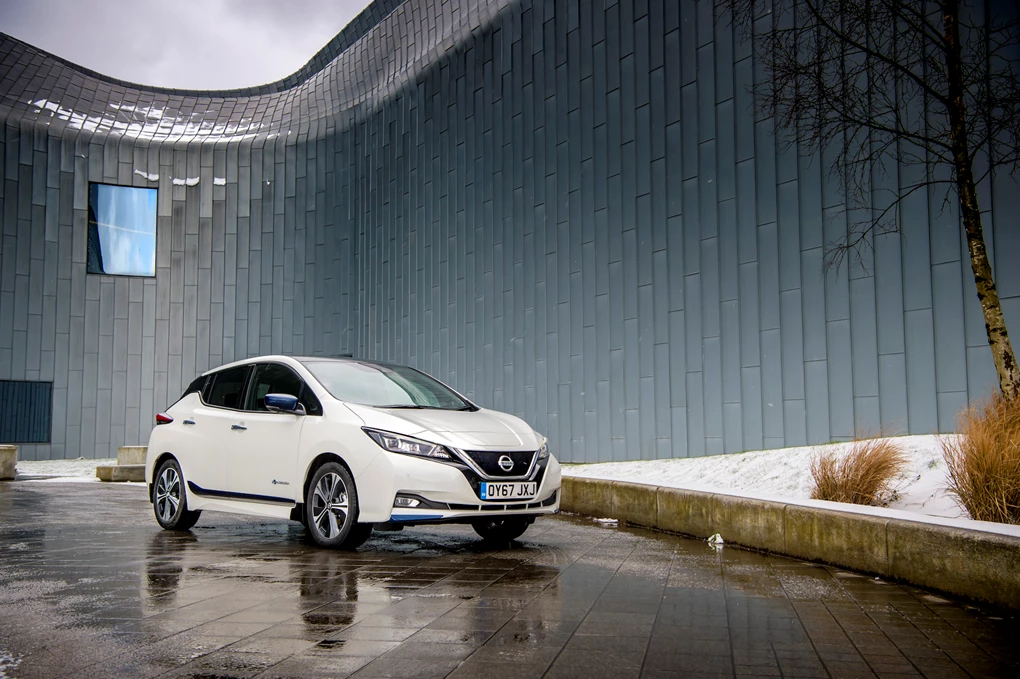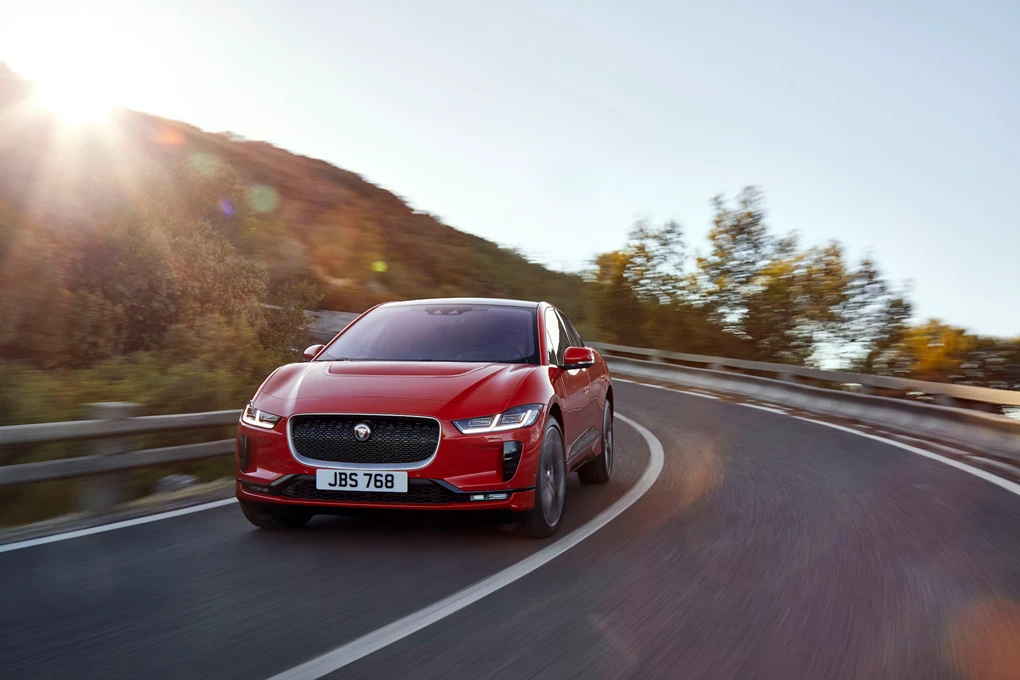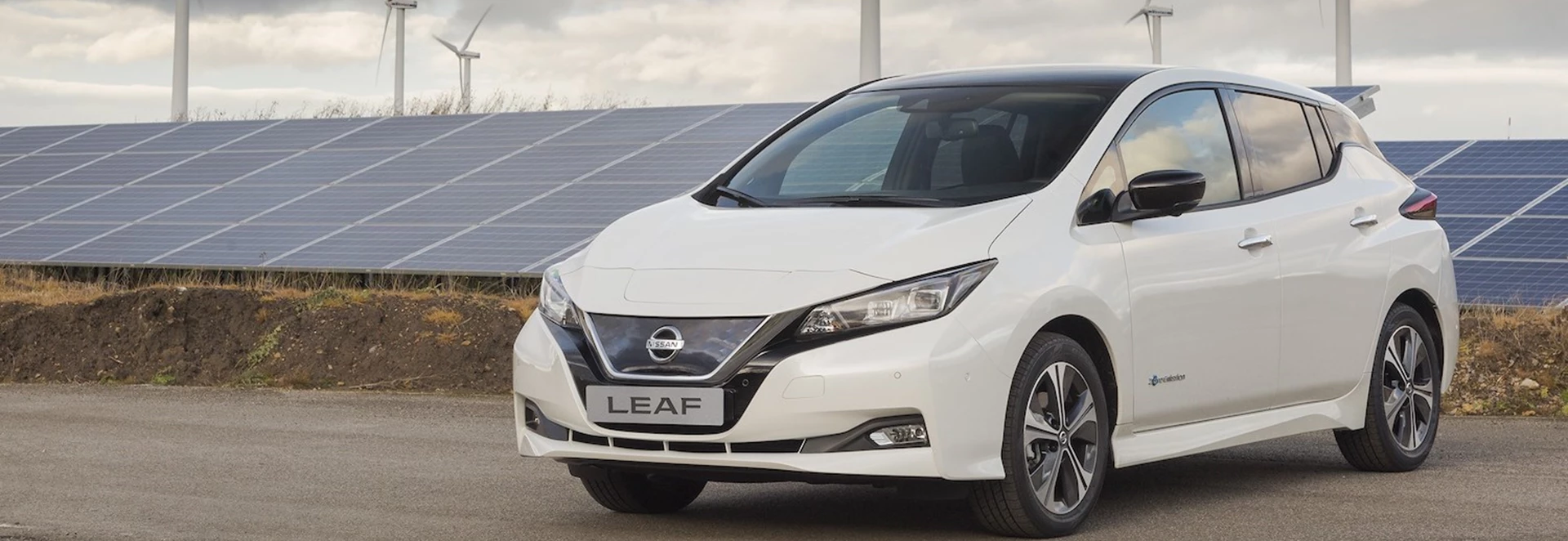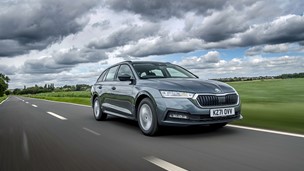Electric vehicles are well on the way to becoming the mainstream option, as manufacturers continue to push the boundaries of what is possible with battery-powered models.
But there are a few hurdles that EVs have to get over before they become the top option on our forecourts, and there are also some things that prospective owners also have to contemplate before owning one.
Here are a few things potential EV customers should ponder before buying one…

Initial cost
Although this is likely to be solved in the next few years, the price of battery-powered vehicles compared to conventionally-powered models is much higher – even with the government’s current plug-in vehicle £3,500 incentive. For example, a Nissan Leaf – Europe’s current most popular EV – starts from £27,995, while a similarly-sized combustion engine-powered Ford Focus will cost from as little as £18,075. On top of that, customers will sometimes have to hire the battery pack from the manufacturer for a monthly fee or buy it outright at a much higher price.
Although it is worth noting that running costs are considerably lower with a battery-powered vehicle, working out to be a great investment down the line.

Limited infrastructure
Again, this is a problem that will be solved in time, but at the moment the amount of public charging points for EVs is rather limited and when there are places to plug an EV in, it has been found that current solutions aren’t particularly reliable. Charging times can also be quite long, and for those wanting just a quick pitstop on their journey, an EV at the current time is probably not the way to go – as charging times can be well over two hours before any considerable range is added.
However, rapid charging will hopefully become more widely available around the country in the near-future – meaning charging times can be severely reduced and EVs become a more suitable choice for more drivers. We’d recommend that if you live in an urban environment or have regular access to a charging point at home or at work, then an electric car should definitely be considered.
Enquire now on your next EV
Range limitations
This is where most people will be put off by EVs. Most petrol and diesel vehicles can go upwards of 400 miles on a single tank of fuel, while many electric options can only go 200 miles – although there are a few of the premium models that can push the 300-mile mark. For EVs to become more suitable for everyone and people needing to undertake long-distance journeys, battery technology needs to significantly improve but we can already see more and more manufacturers acting on this and will be seeing the ranges increase as the years go on.
On this point again, urban drivers are definitely more suited to the electric vehicle in its current form, as pottering around town while producing zero emissions is a good solution, not just for the driver, but for everyone else around them.




